Organising Protest:
Where is our Systems Psychodynamic thinking on
SOCIAL MOVEMENTS?
Organising Protest:
Where is our Systems Psychodynamic thinking on
SOCIAL MOVEMENTS?
NIODA'S 6th Annual Symposium
7, 8 & 9 September 2022
This year the NIODA Symposium asks the question –
What can systems psychodynamics add to our understanding of social movements?
We have four keynote panels and many individual papers all addressing the dynamics of social movements. The program also has a social dreaming session and social times for networking.
Social Movements have long been part of societies world-wide. We can instance such momentous issues as indigenous land rights; female suffrage and the emancipation of slaves; as well as protests against wars or government economic measures; and more recently there are demonstrations surrounding climate change, cruelty to animals, racial discrimination and gender, even against government public health measures.
A social movement may be defined as ‘a loosely organized but sustained campaign in support of a social goal’ (Britannica). They most often involve a protest against ideas, actions and the culture of the establishment or a call to action for change. As distinct from an interest group, social movements are organized to initiate social change and involve action by the members, often in the form of protest using multiple methods. They are collective and may arise spontaneously amongst people with a common outlook, but then become sustained and organized.
This is an area of interest to systems psychodynamic and socioanalytic researchers and practitioners. Such movements are of interest in themselves, but they also may affect the people and groups in our everyday work, leisure and not-for-profit organisations.
Organising Protest:
Where is our Systems Psychodynamic thinking on
SOCIAL MOVEMENTS?
🇦🇺
Melbourne Australia
Wednesday 7 September
5.00 – 7.00 pm Opening & Panel
7.00 – 9.00 pm Panel & discussion
9.00 – 9.30 pm Social space
Thursday 8 September
8.00 – 9.00 am Social dreaming
9.00 – 11.00 am Panel & discussion
11.00 – 11.30 am Social space
5.00 – 7.00 pm Dialogue session
7.00 – 9.00 pm Parallel papers
9.00 – 9.30 am Social space
Friday 9 September
8.00 – 9.00 Social dreaming
9.00 – 11.00 am Parallel papers
11.00 – 11.30 am Social space
5.00 – 7.00 pm Parallel papers
7.00 – 9.00 pm Closing reflection
9.00 – 9.30 pm Social space
🇺🇸
New York USA
Wednesday 7 September
3.00 – 5.00 am Opening & Panel
5.00 – 7.00 am Panel & discussion
7.00 – 7.30 am Social space
6.00 – 7.00 pm Social dreaming
7.00 – 9.00 pm Panel & discussion
9.00 – 9.30 pm Social space
Thursday 8 September
3.00 – 5.00 am Dialogue session
5.00 – 7.00 am Parallel papers
7.00 – 7.30 am Social space
6.00 – 7.00 am Social dreaming
7.00 – 9.00 pm Parallel papers
9.00 – 9.30 pm Social space
Friday 9 September
3.00 – 5.00 am Parallel papers
5.00 – 7.00 am Closing reflection
7.00 – 7.30 am Social space
🇬🇧
London UK
Wednesday 7 September
8.00 – 10.00 am Opening & Panel
10.00 – 12.00 noon Panel & discussion
12.00 – 12.30 pm Social space
11.00 pm – 12.00 am Social dreaming
Thursday 8 September
12.00 – 2.00 am Panel & discussion
2.00 – 2.30 am Social space
8.00 – 10.00 am Dialogue session
10.00 – 12.00 noon Parallel papers
12.00 – 12.30 pm Social space
11.00 pm – 12.00 am Social dreaming
Friday 9 September
12.00 – 2.00 am Parallel papers
2.00 – 2.30 am Social space
8.00 – 10.00 am Parallel papers
10.00 – 12.00 noon Closing reflections
12.00 – 12.30 pm Social space
🇸🇬
Singapore
Wednesday 7 September
3.00 – 5.00 pm Opening & Panel
5.00 – 7.00 pm Panel & discussion
7.00 – 7.30 pm Social space
Thursday 8 September
6.00 – 7.00 am Social dreaming
7.00 – 9.00 am Panel & discussion
9.00 – 9.30 am Social space
3.00 – 5.00 pm Dialogue session
5.00 – 7.00 pm Parallel papers
7.00 – 7.30 pm Social space
Friday 9 September
6.00 – 7.00 am Social dreaming
7.00 – 9.00 am Parallel papers
9.00 – 9.30 am Social space
3.00 – 5.00 pm Parallel papers
5.00 – 7.00 pm Closing reflections
7.00 – 7.30 pm Social space
Program Schedule
🔖 PRESENTATION
Opening & panel
📆 DATE
Wednesday 7 Sep 2022
⏰ MELBOURNE TIME
5.00 - 7.00 pm
⏰ LOCAL START TIME
time start
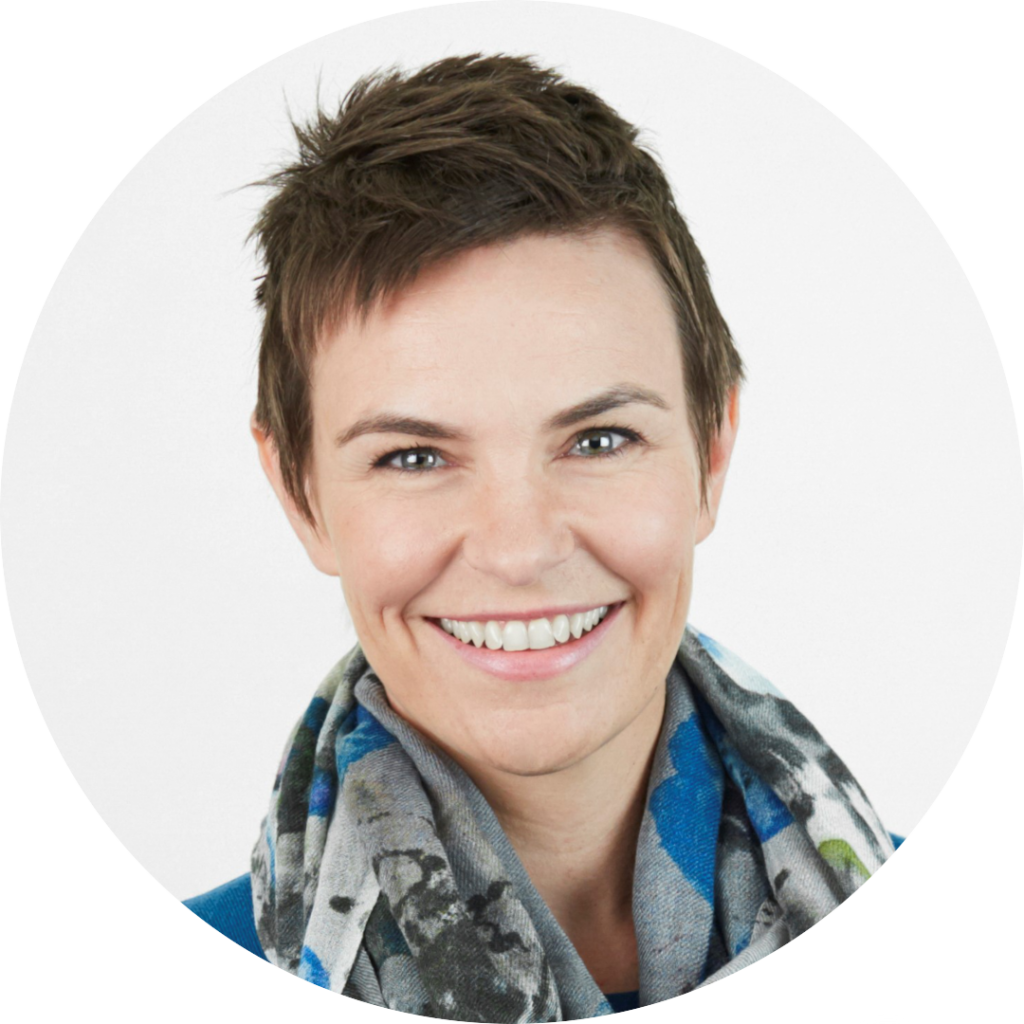
MS DEB MARTINDALE
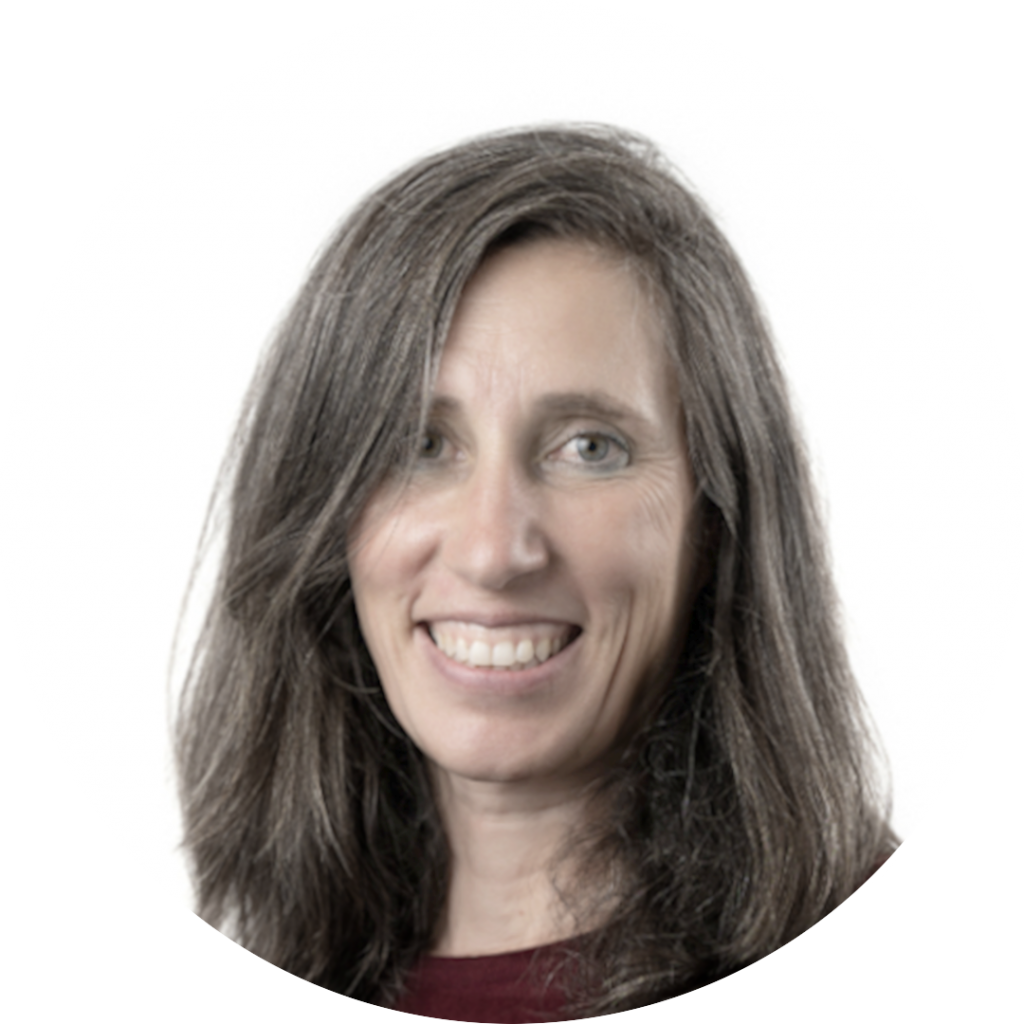
MS SALLY MUSSARED
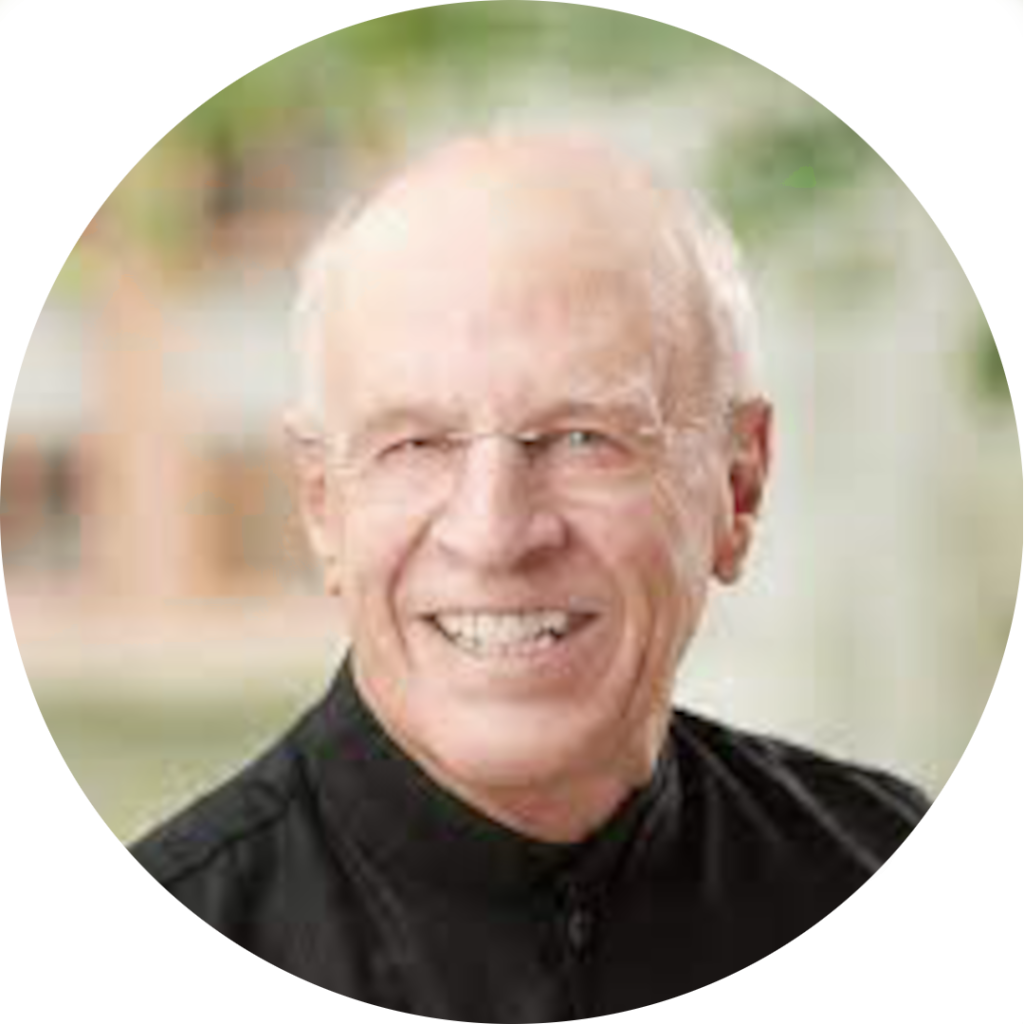
DR KENWYN SMITH

MR SETH THOMASSON
Learning to listen: the challenge of the Uluru statement from the heart
During COVID lockdown late in 2020, Deb Martindale, Sally Mussared, Kenwyn Smith and Seth Thomasson were motivated by the Uluru Statement from the Heart to respond to the government’s interim report. This led to the consideration that perhaps our role as ‘white fellas’ in the Yoorrook (Victorian Truth Telling Commission) was to actively listen. Regular reflection sessions have led to us being moved by what we have heard in the public hearings from Victorian First People Elders whose experiences illustrate many of the key impacts of colonisation still felt today, including Jack Charles, Uncle Johnny Lovett, Aunty Fay Carter, Aunty Alma Thorpe, Uncle Larry Walsh and Isobel Paipadjerook Morphy-Walsh, Uncle Kevin Coombs and Uncle Colin Walker. The impacts of our listening are developing, and we encourage you to listen to the Uluru Statement from the Heart to consider your role in this social movement.
🔖 PRESENTATION
Panel
📆 DATE
Wednesday 7 Sep 2022
⏰ MELBOURNE TIME
7.00 - 9.00 pm
⏰ LOCAL START TIME
time start
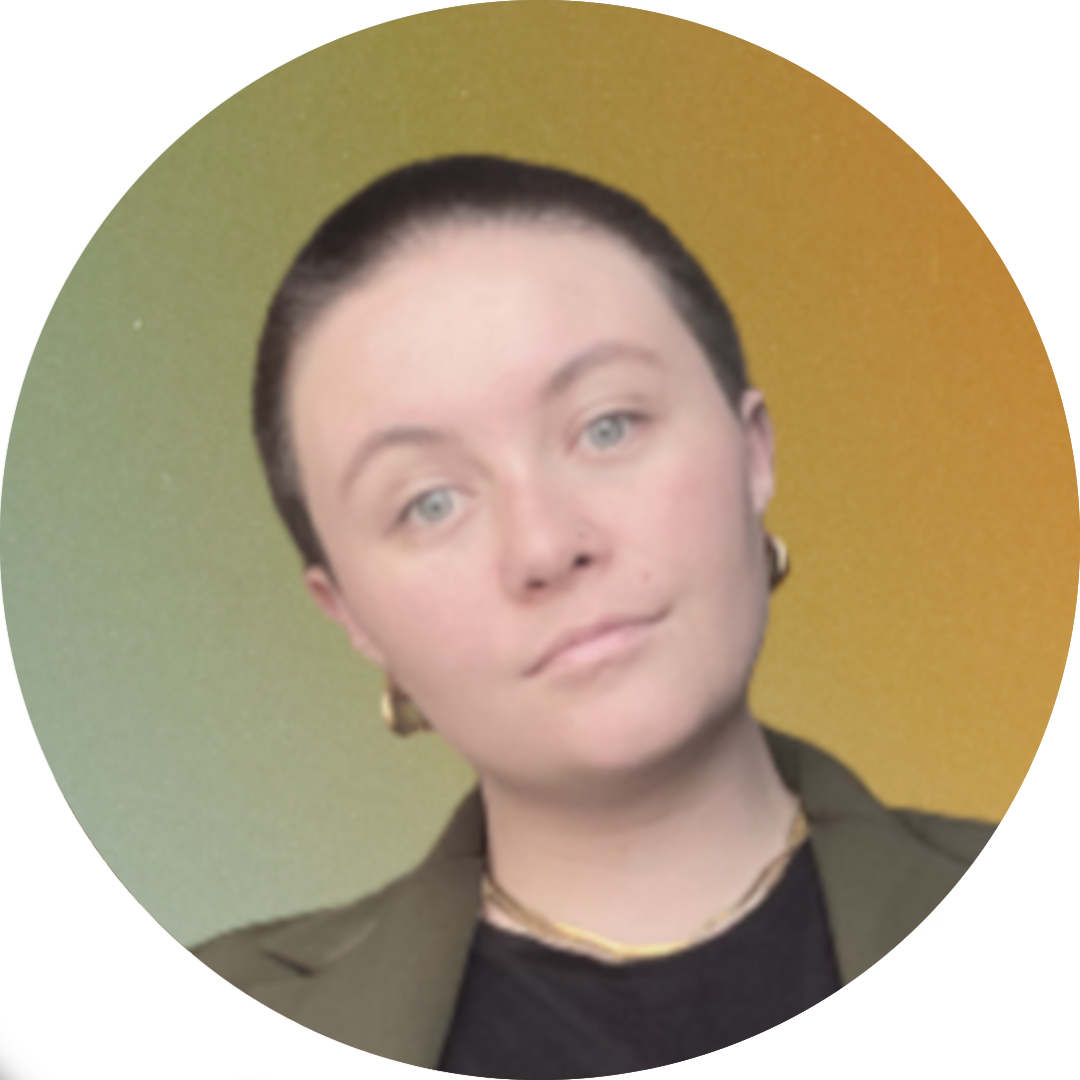
KAT HAMILTON
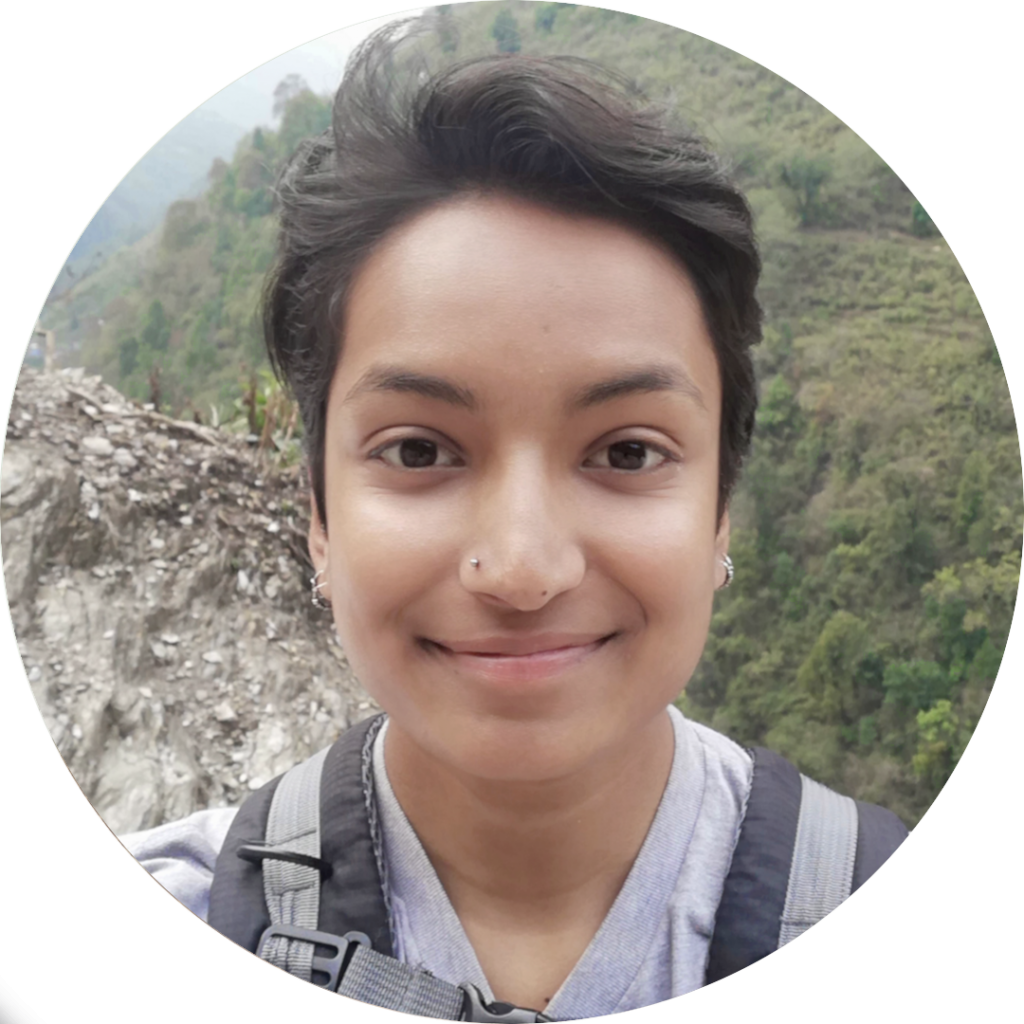
ESTHER SALOMON
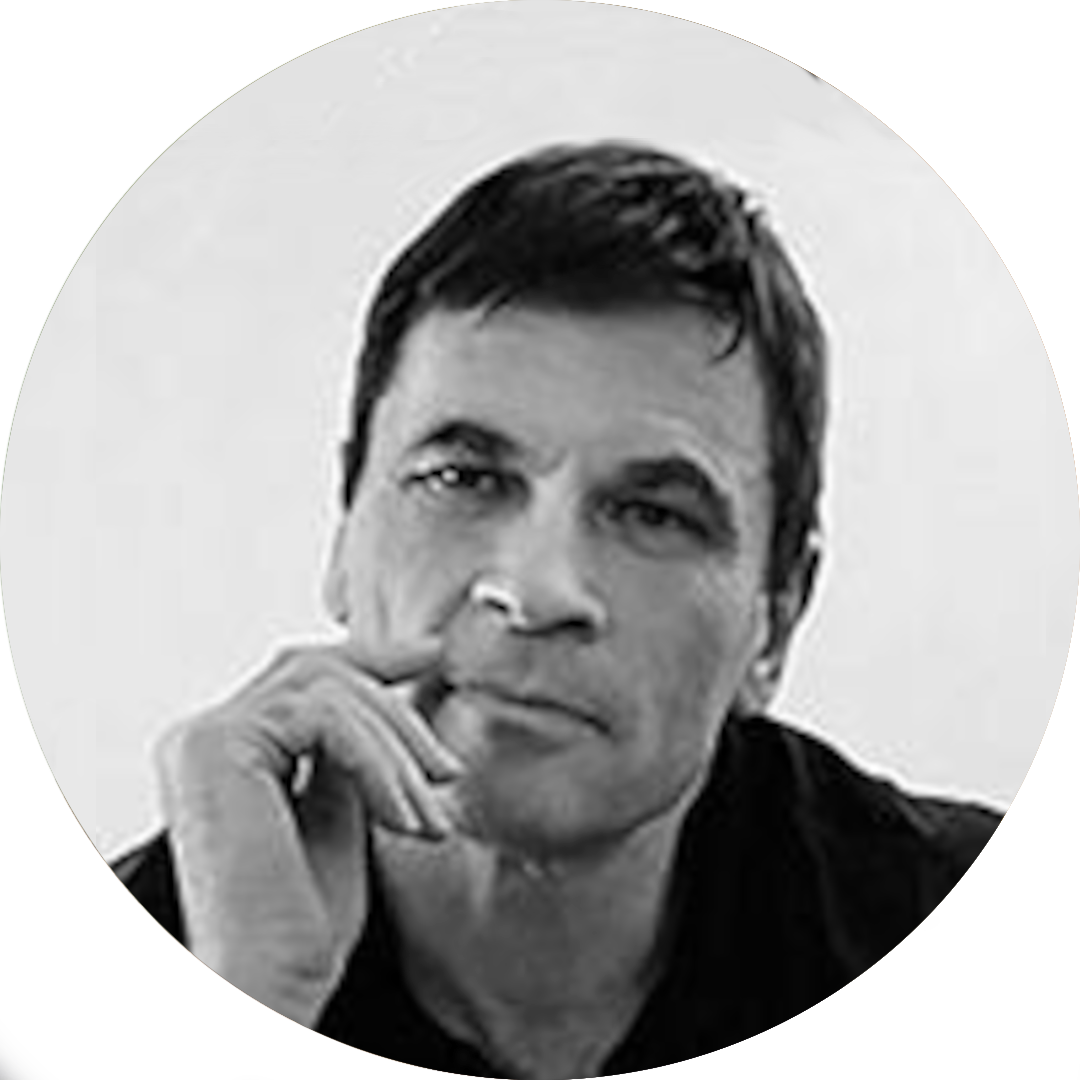
DR SIMON WESTERN
Learning with Activists
Kat Hamilton – Force of Nature, Esther Salomon – Animal Think Tank and Simon Western – Eco-leadership Institute, share what brought them into activism, the purpose of their organisation and social movement, and the effects of their activism.
🔖 PRESENTATION
Panel
📆 DATE
Thursday 8 Sep 2022
⏰ MELBOURNE TIME
9.00 - 11.00 am
⏰ LOCAL START TIME
time start
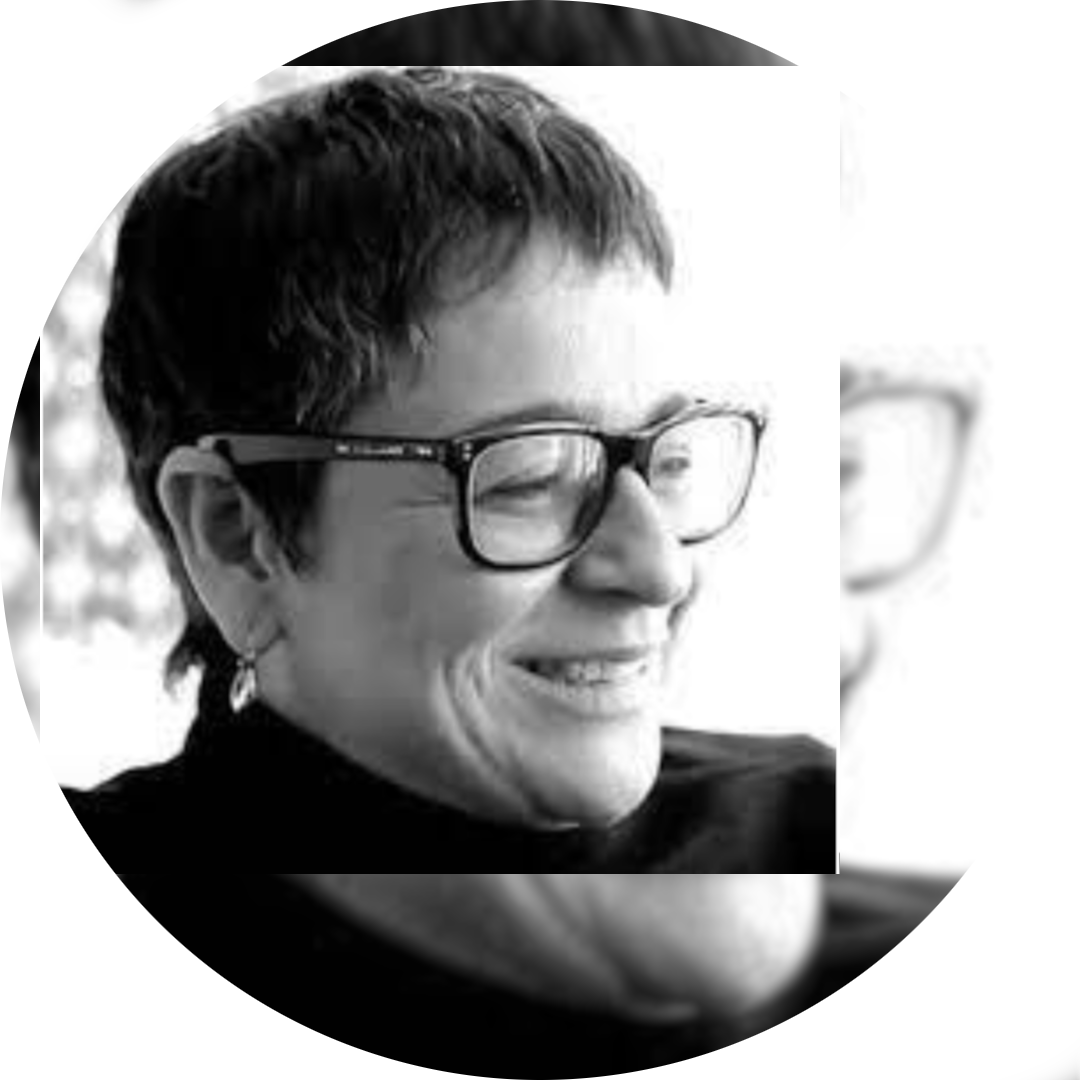
LYDIA ALPIZAR

DAVID LUNA
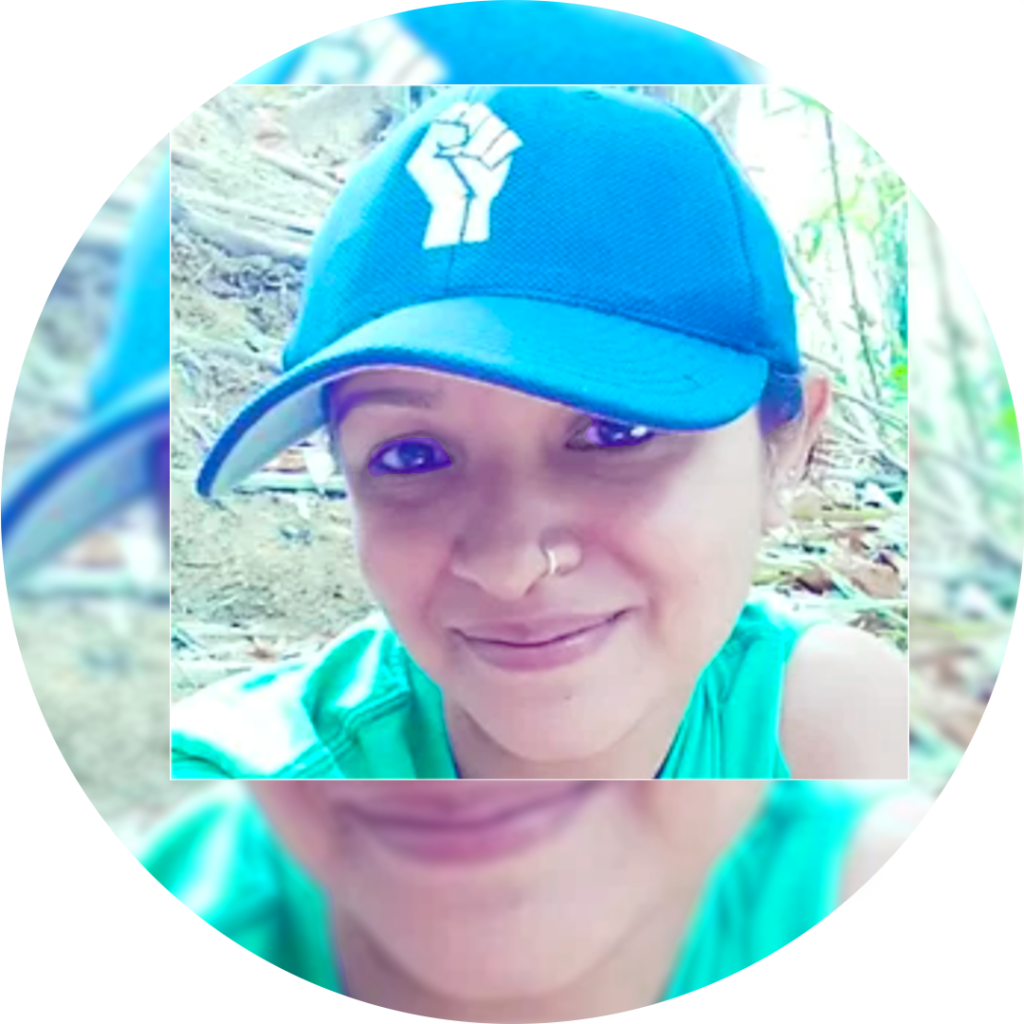
ANITA PRASAD
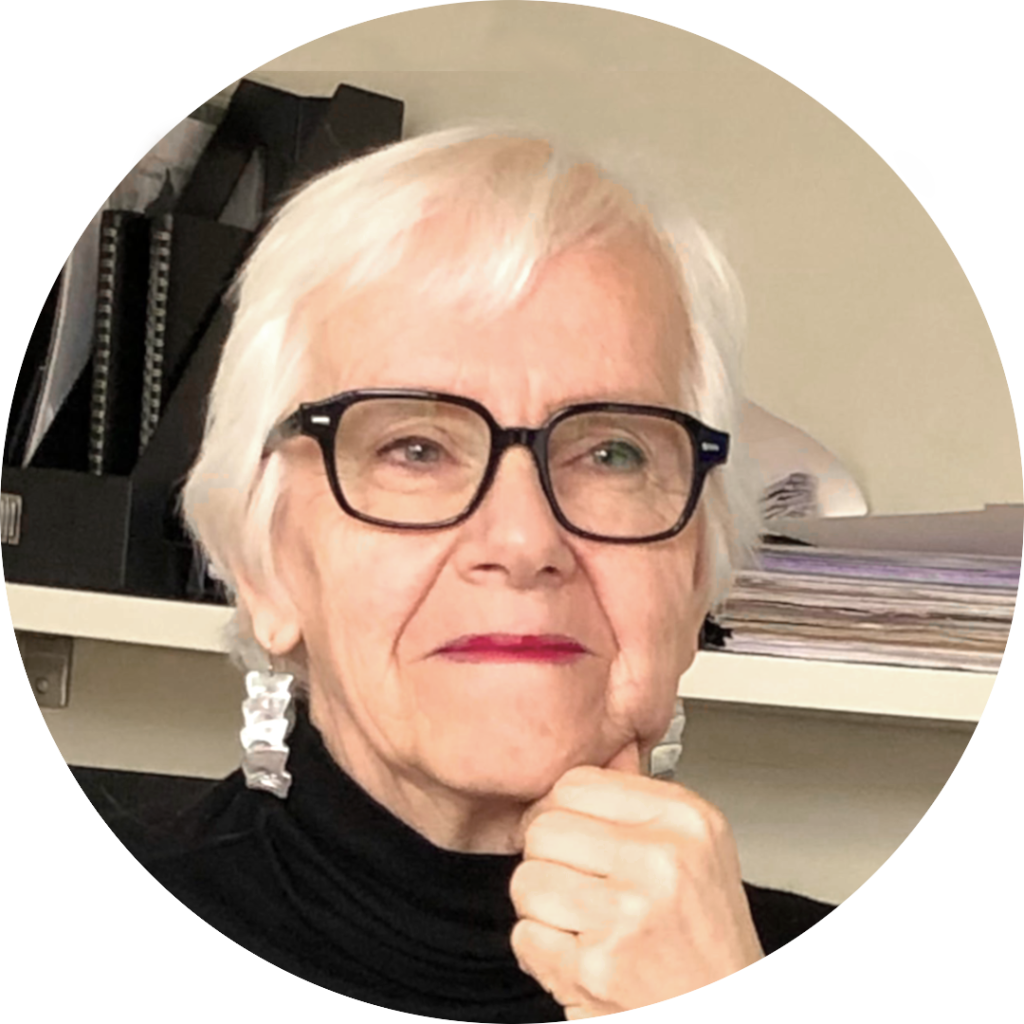
BARBARA WILLIAMS
When social movement organizing meets systems psychodynamics
Lydia Aplizar – Mexican feminist human rights activist, mak wemuk (Davíd Luna) – Indigenous (of the Coahuiltecan peoples) and Latinx (Chicanx), Anita Prasad – grassroots community development and social justice leader and organizer, and Barbara Williams – psychoanalytically oriented organizational consulting practice focusing on leadership development, shared leadership and governance come together to explore when social movement organizing meets systems psychodynamics.
🔖 PRESENTATION
Dialogue session
📆 DATE
Thursday 8 Sep 2022
⏰ MELBOURNE TIME
5.00 - 7.00 pm
⏰ LOCAL START TIME
time start

AARTI KAPOOR
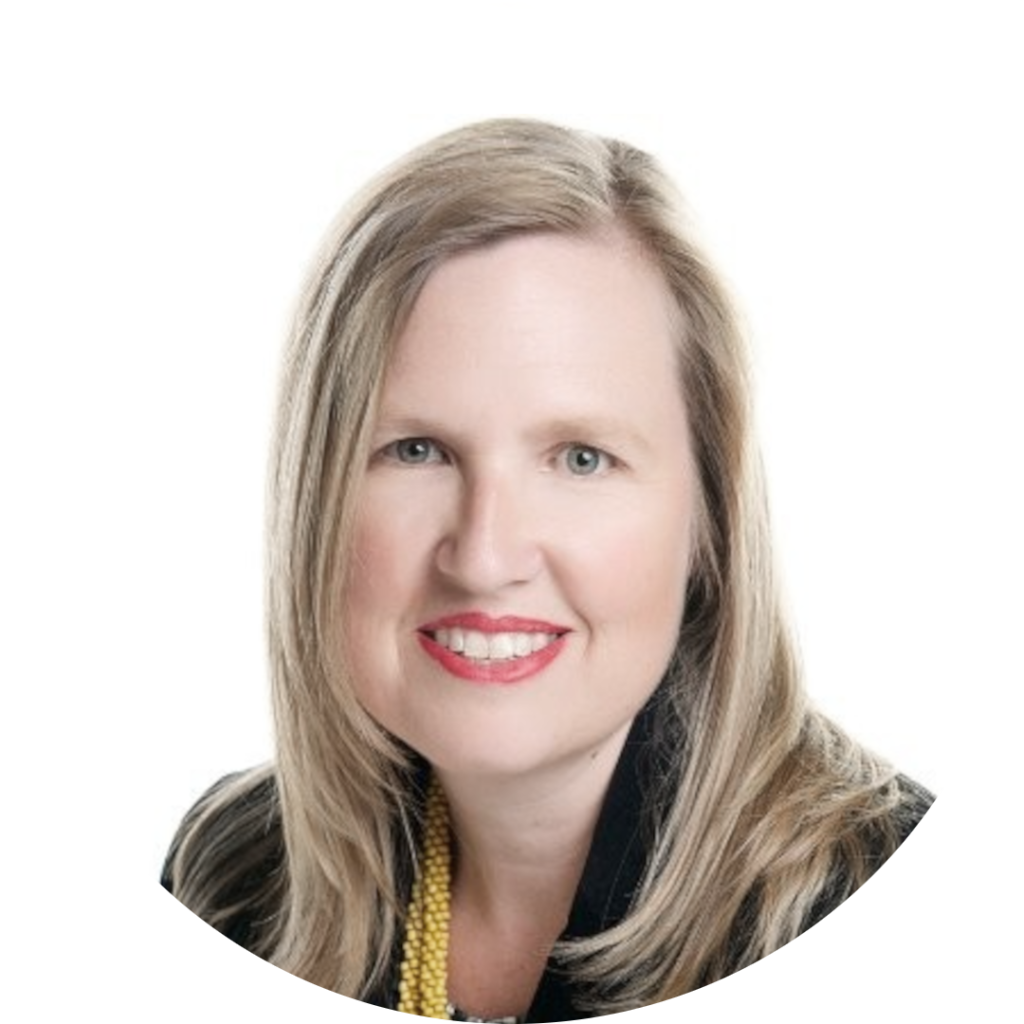
EMMA OLIVIER
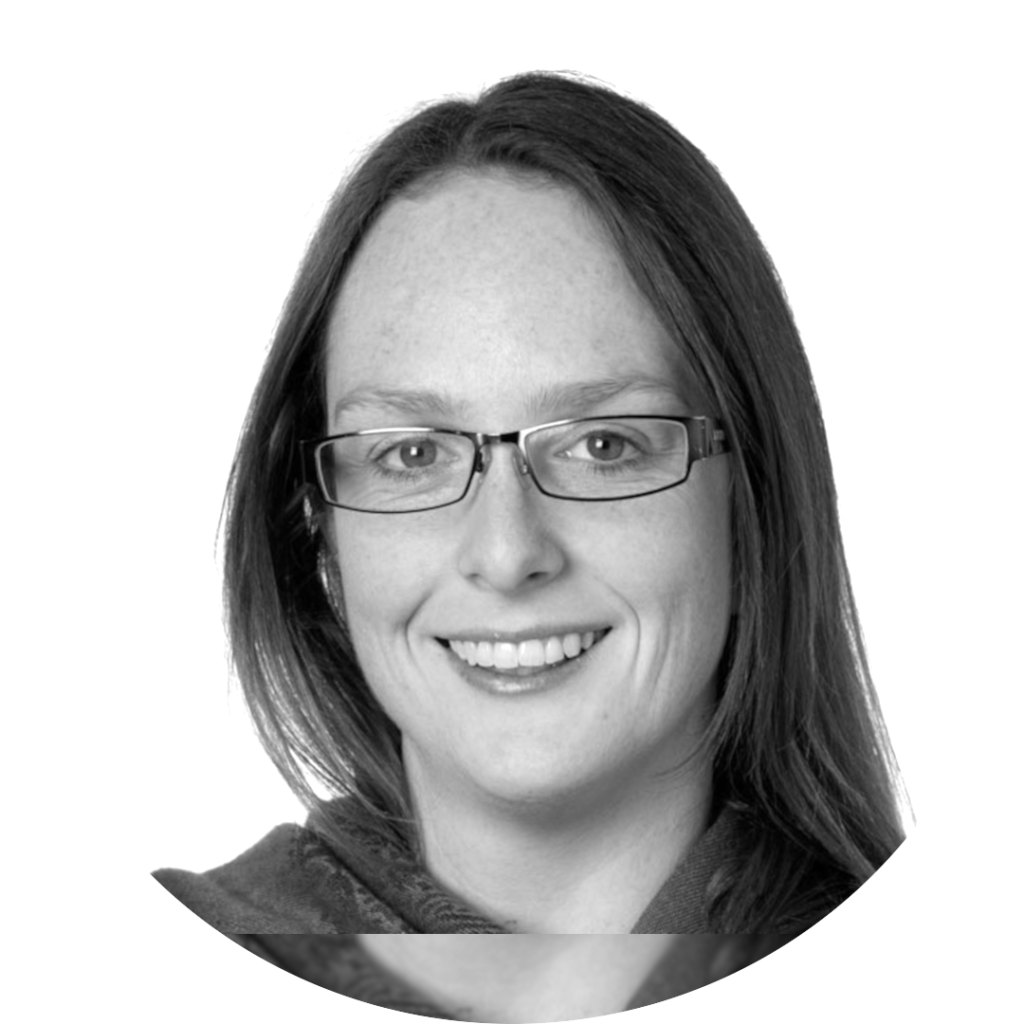
JENNY SMITH
Employees and Organisational Perspectives on Environmental, Social and Governance (ESG): The dynamics of making progress toward socially-impactful business.
Creating businesses that make positive contributions to their social and environmental
context is a significant area of focus and investment in developed economies. A dialogue event opening a conversation about the dynamics of making progress on Environmental, Social and Corporate Governance (ESG) issues in the corporate context. The dialogue will offer participants the opportunity to engage in conversation with corporate leaders, Aarti Kapoor, Emma Oliver and Jenny Smith. The discussion aims to unearth the desires, opportunities, tensions and organisational dynamics that appear for executives and employees around ESG in the workplace.
🔖 PRESENTATION
Paper (parallel)
📆 DATE
Thursday 8 Sep 2022
⏰ MELBOURNE TIME
7.00 - 9.00 pm
⏰ LOCAL START TIME
time start
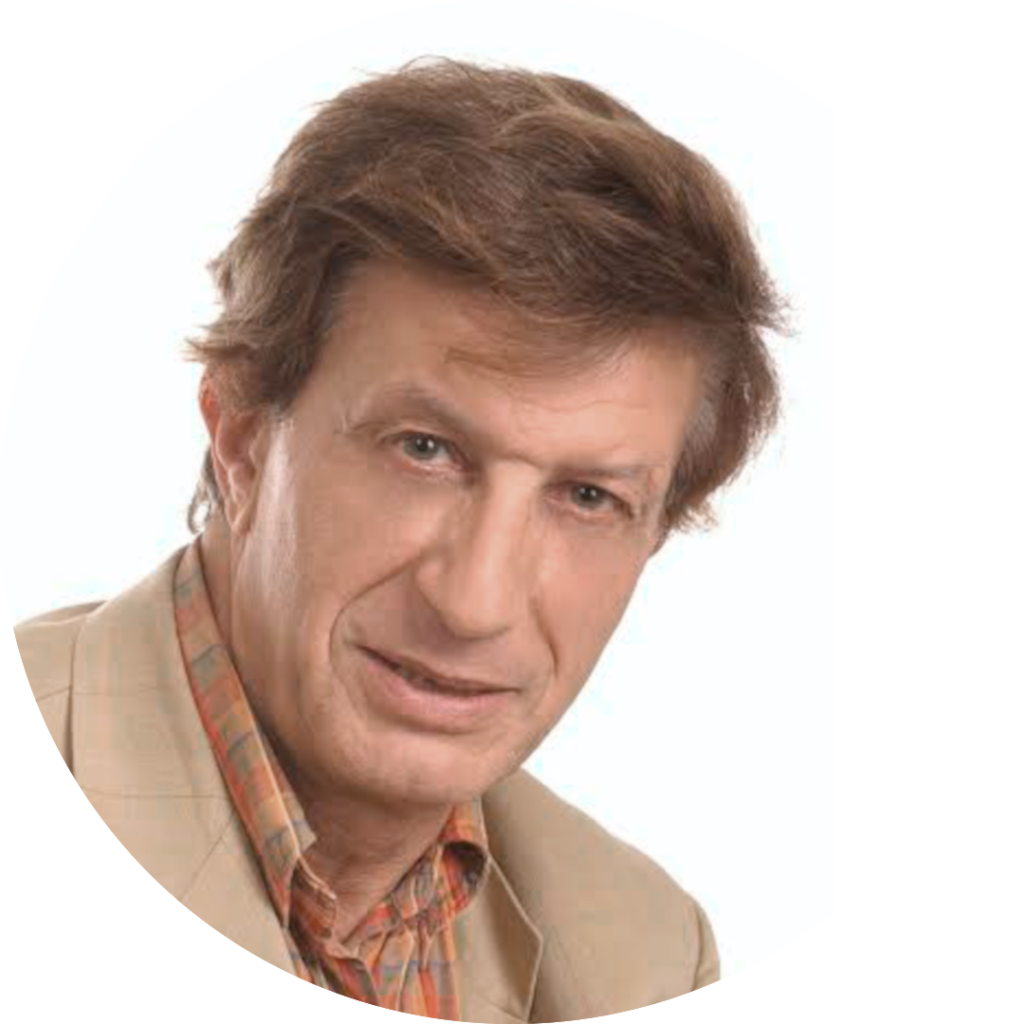
GILLES AMADO
The Anti-Vax Movement: A gateway to amalgams?
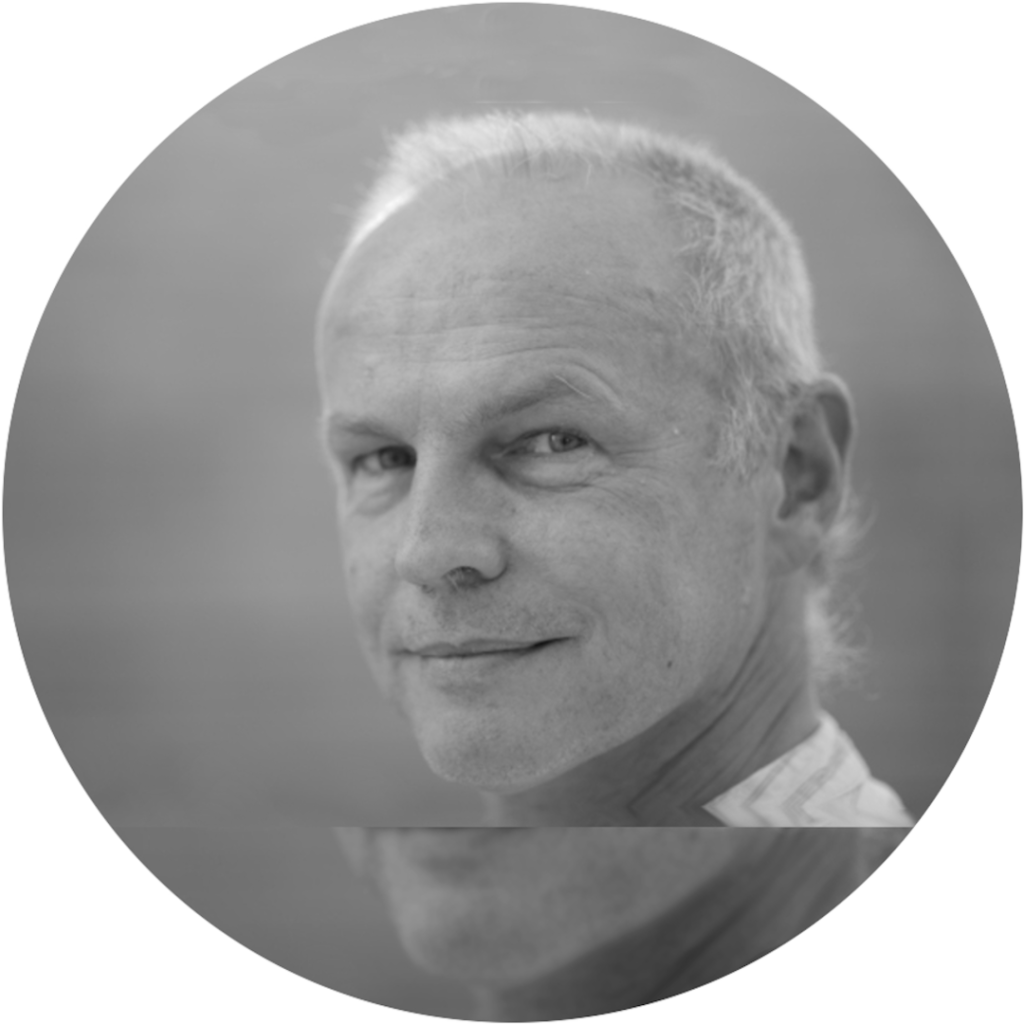
MARK ARGENT
“Organising protest”, in the light of Lacan’s perverse discourses
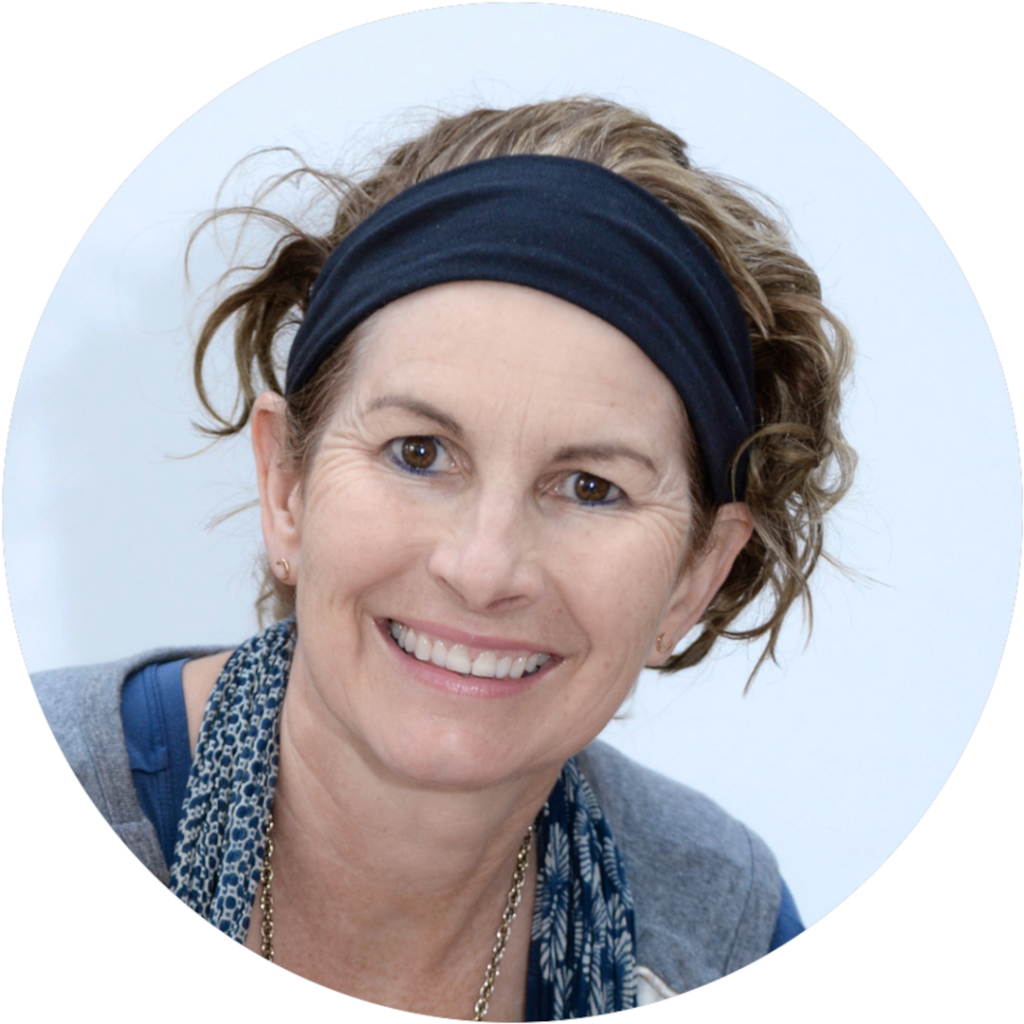
MARGO LOCKART
“Why He Orders the Steak. An exploration of gender differences within the animal rights movement.”
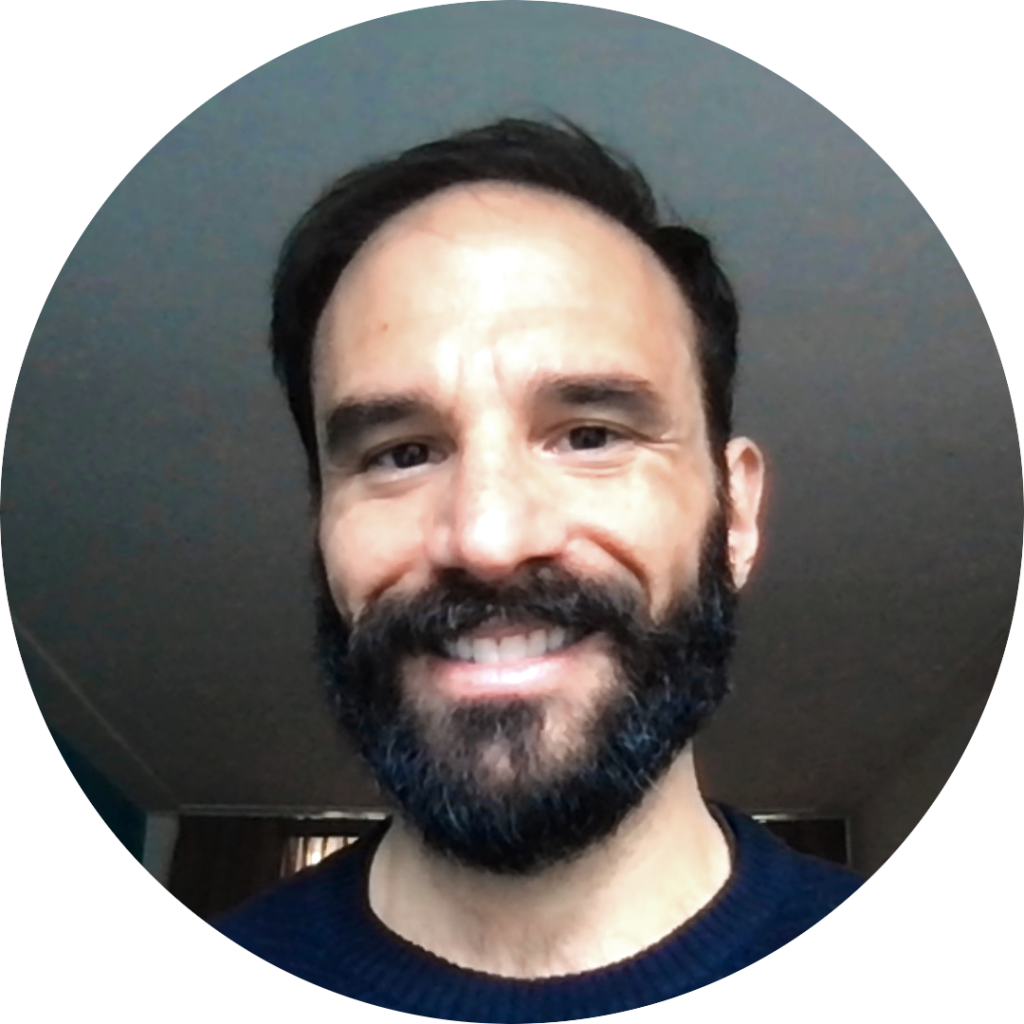
PETROS ORATIS
Taming the Beast: Exploring the lateral dynamics between the social movement and its opposition side and the need to shift from polarization to co-existence.
🔖 PRESENTATION
Paper (parallel)
📆 DATE
Friday 9 Sep 2022
⏰ MELBOURNE TIME
9.00 - 11.00 am
⏰ LOCAL START TIME
time start
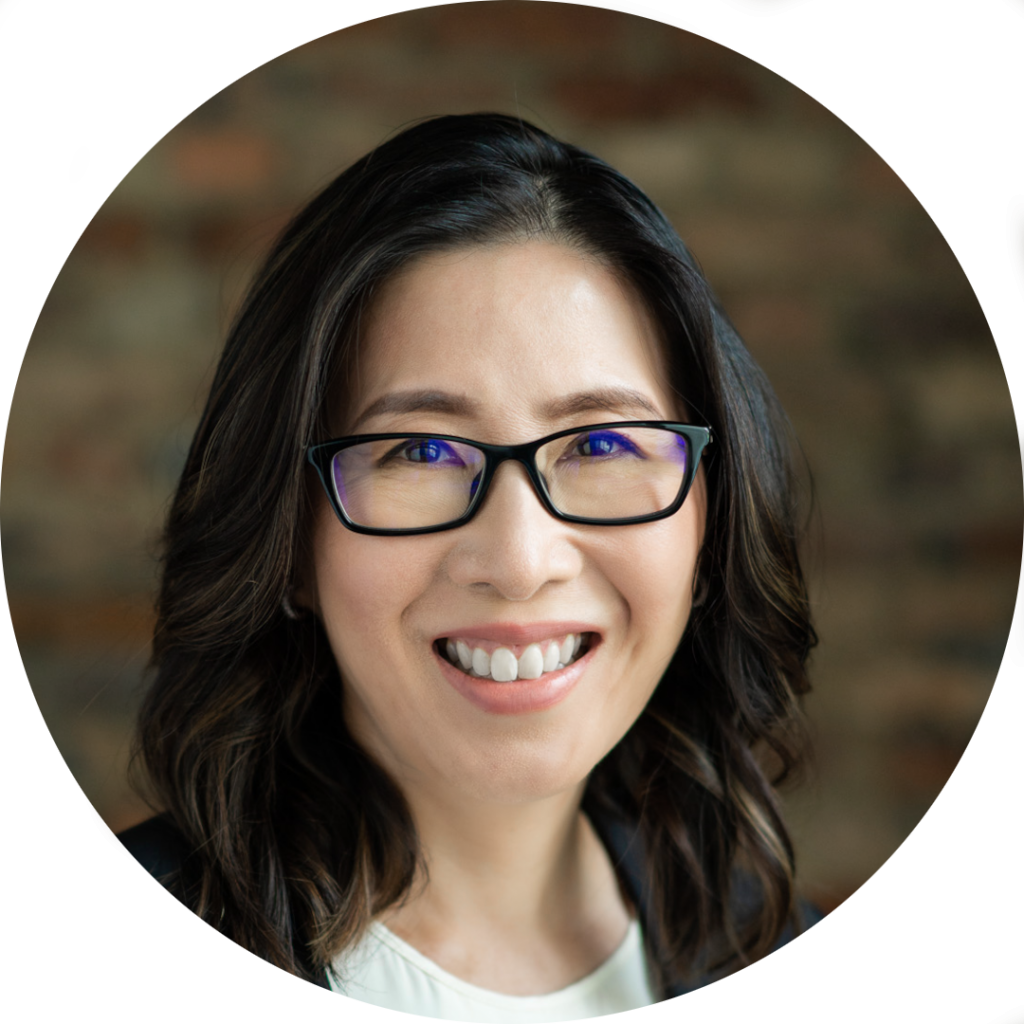
KAREN LOON
Anxious Nation – How historical anxieties shape Asian-Australians today
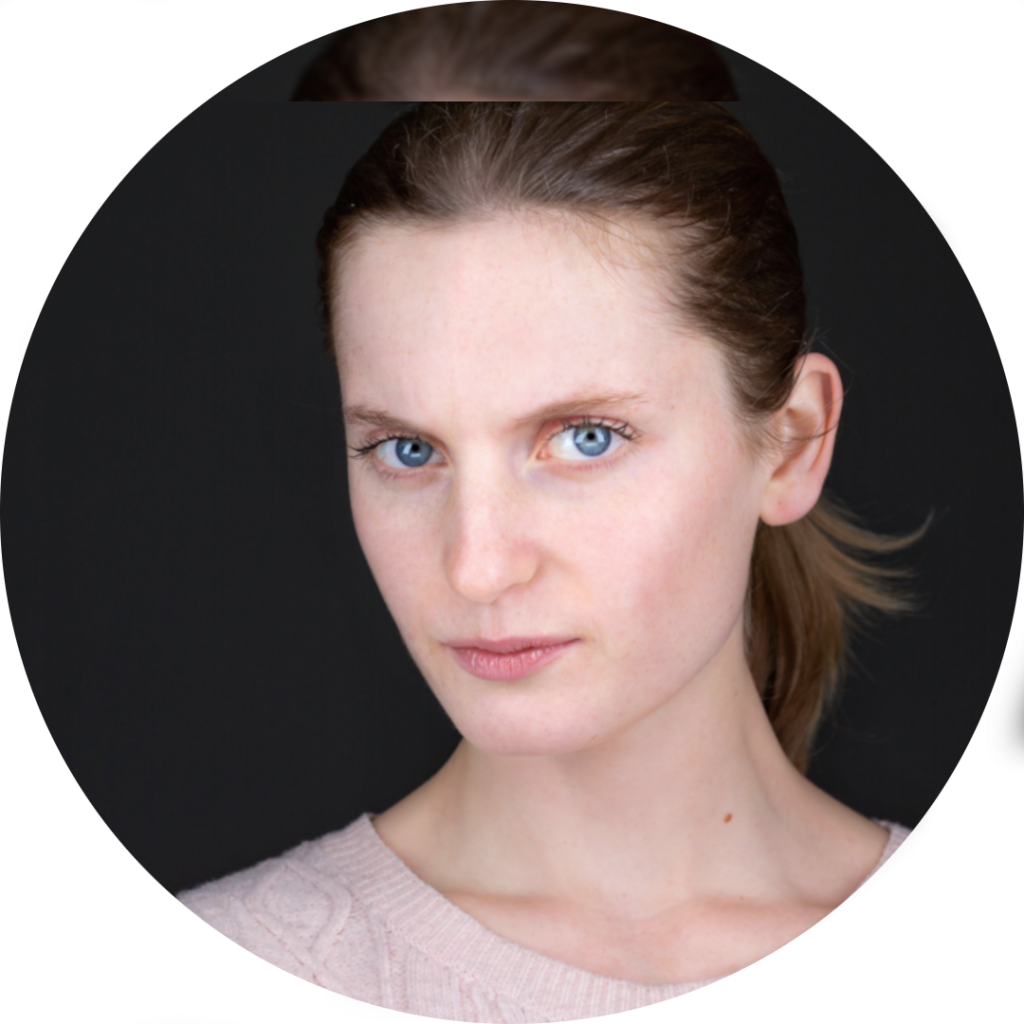
HARLEY MCDONALD-ECKERSALL
Redefining Uncertainty - what the cultural and creative movements can teach us about social movement organising
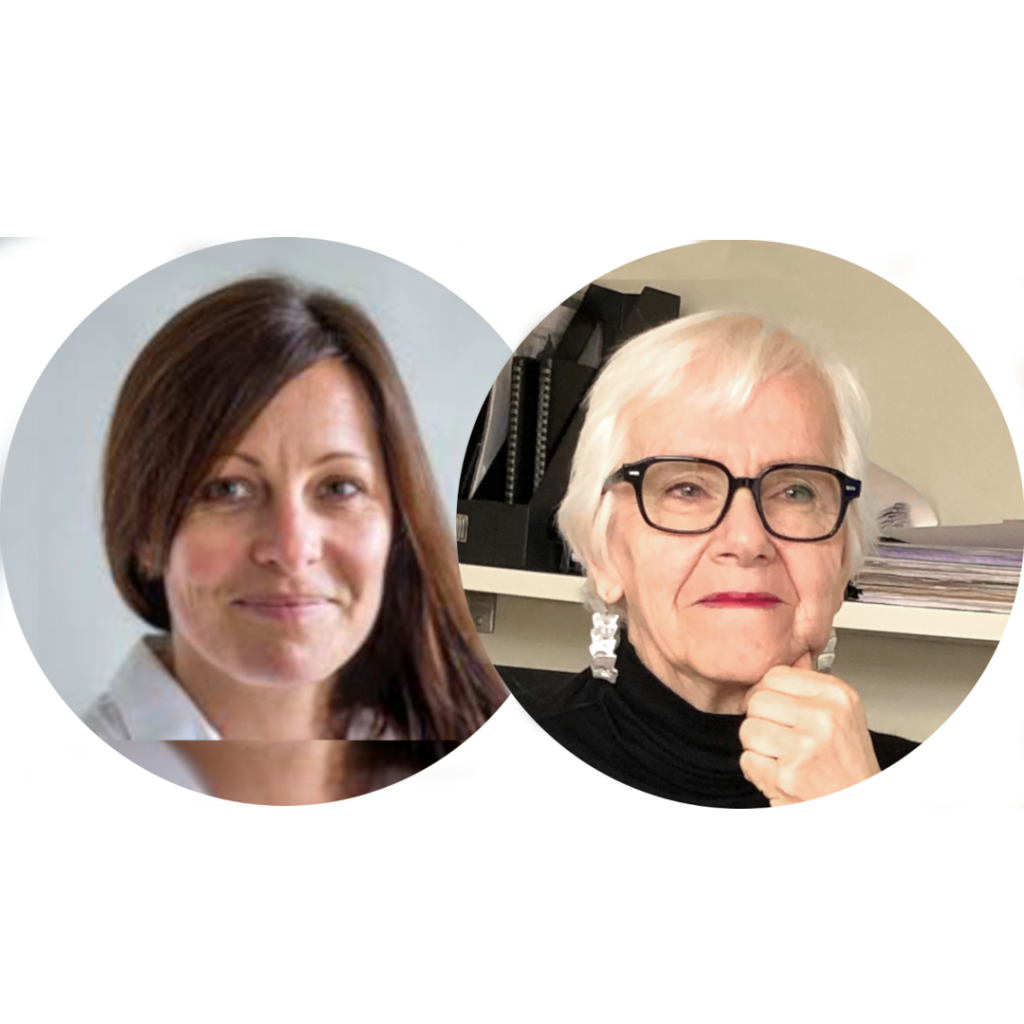
ANNA TURLEY & BARBARA WILLIAMS
Building Social Justice Movements: What’s organizational role got to do with it?
🔖 PRESENTATION
Paper (parallel)
📆 DATE
Friday 9 Sep 2022
⏰ MELBOURNE TIME
5.00 - 7.00 pm
⏰ LOCAL START TIME
time start
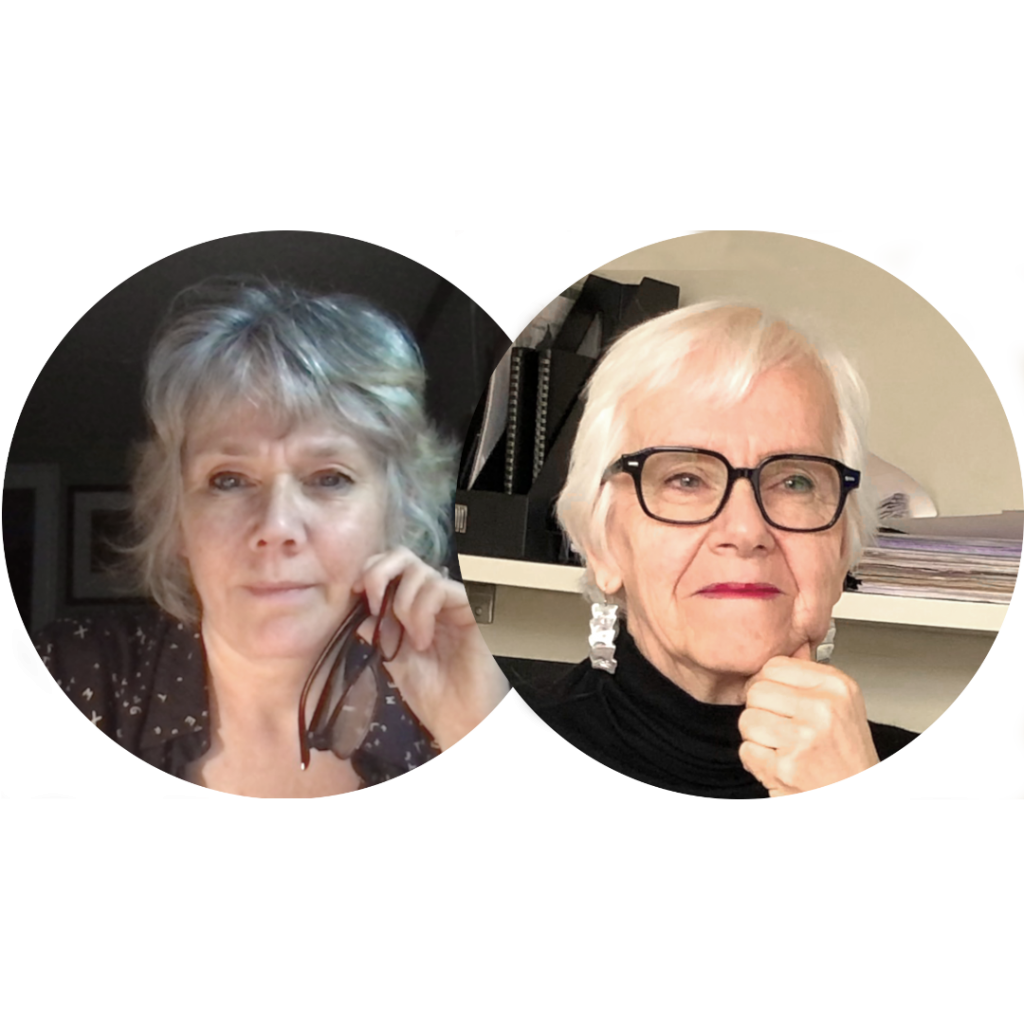
DR JO-ANNE CARLYLE & BARBARA WILLIAMS
Problematising our orthodoxies
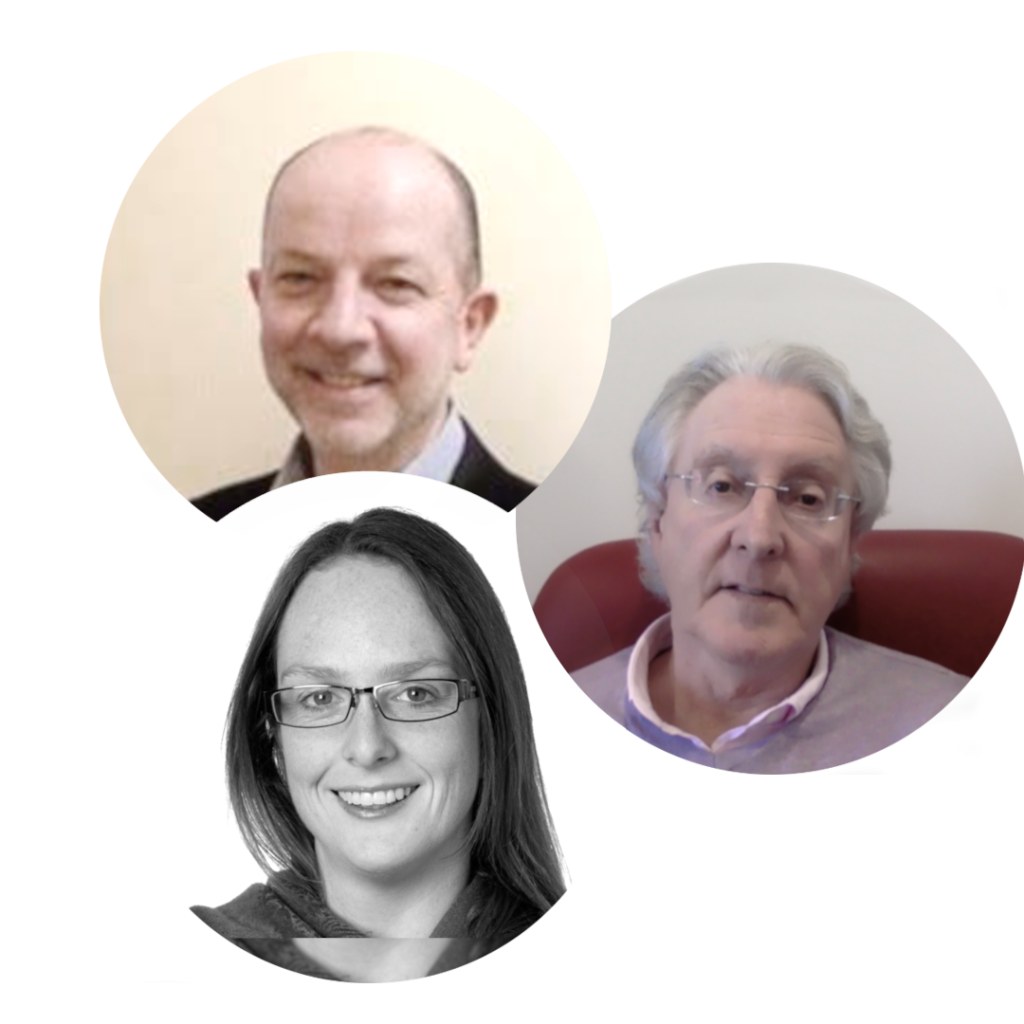
GREG COOK, ALLAN SHAFER & JENNY SMITH
The Dynamics of the 'Seeking Asylum Project'
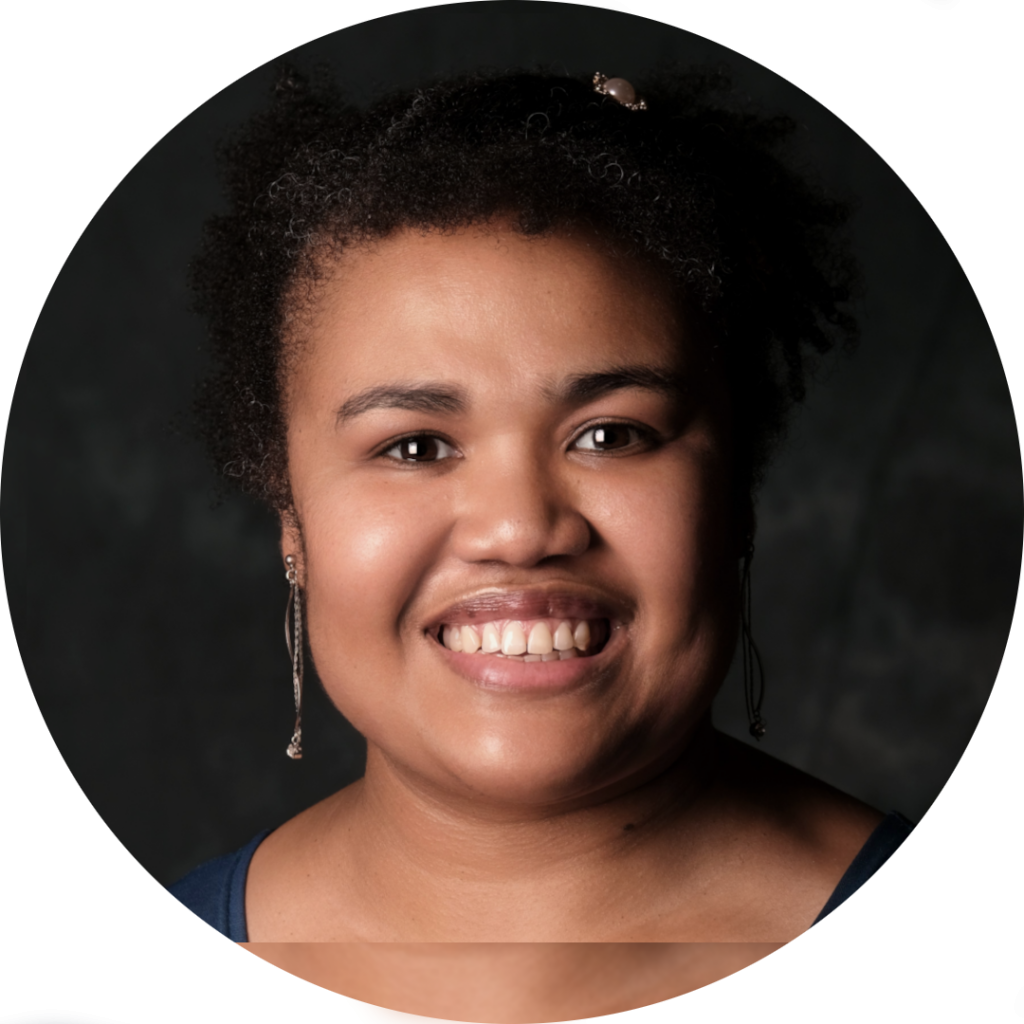
DR NEO PULE
Student leaders’ unrest: A call to action for social justice through social dream drawing
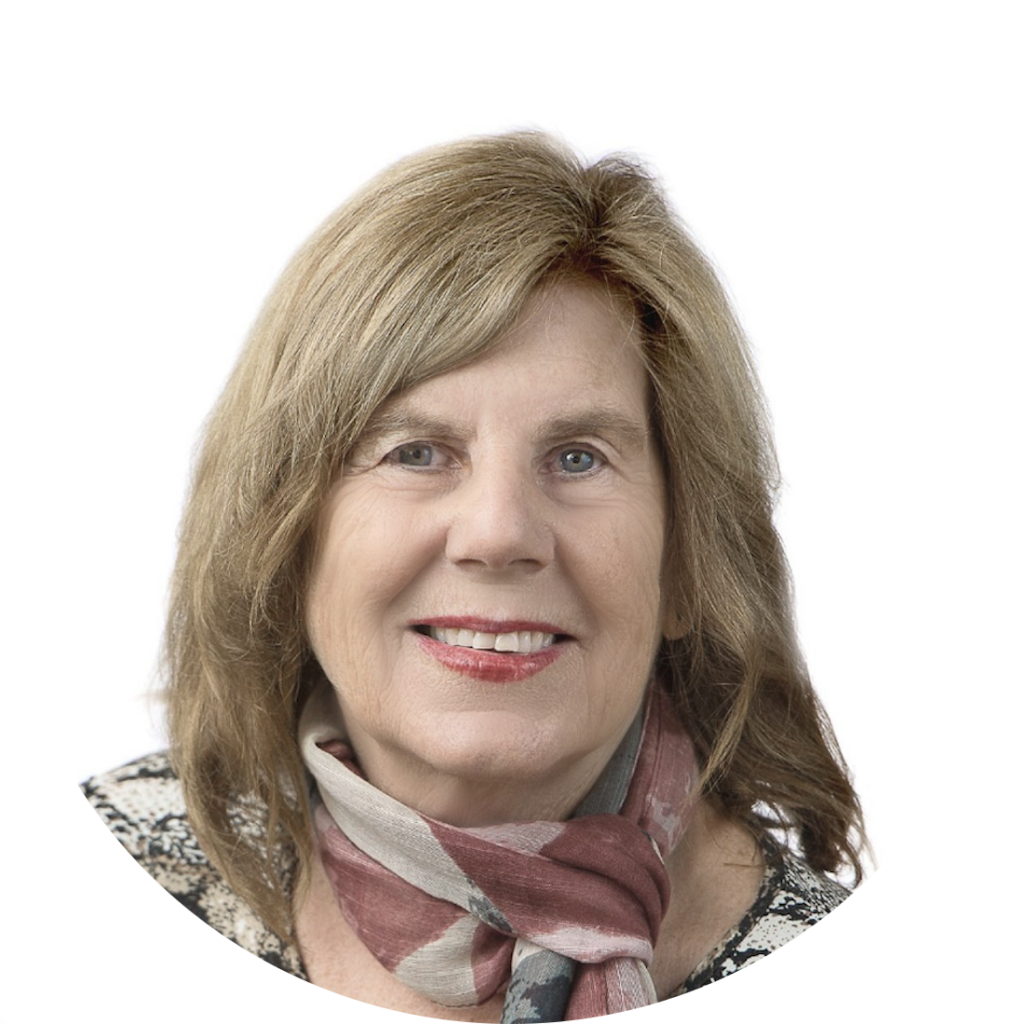
PROF SUSAN LONG
🔖 PRESENTATION
Reflections
📆 DATE
Friday 9 Sep 2022
⏰ MELBOURNE TIME
7.00 - 9.00 pm
⏰ LOCAL START TIME
time start
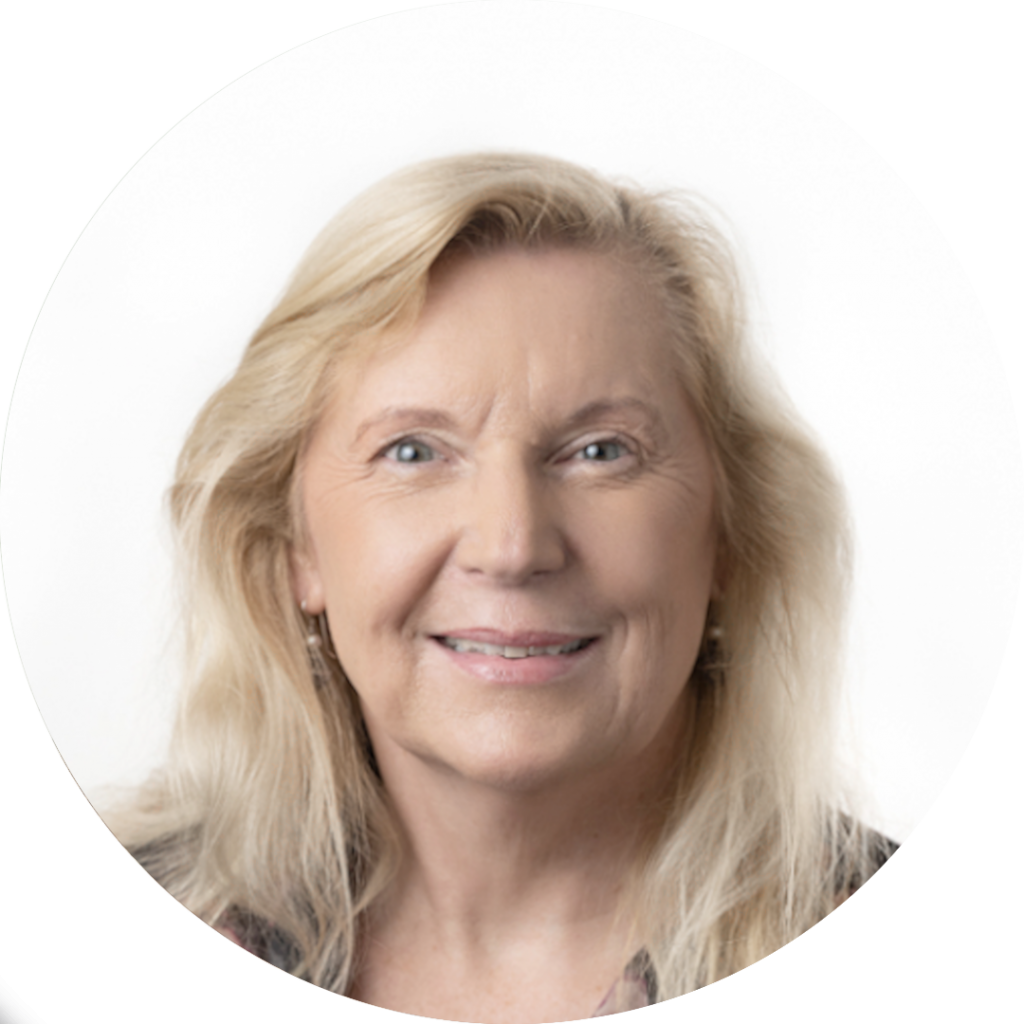
MS JENNIFER BURROWS
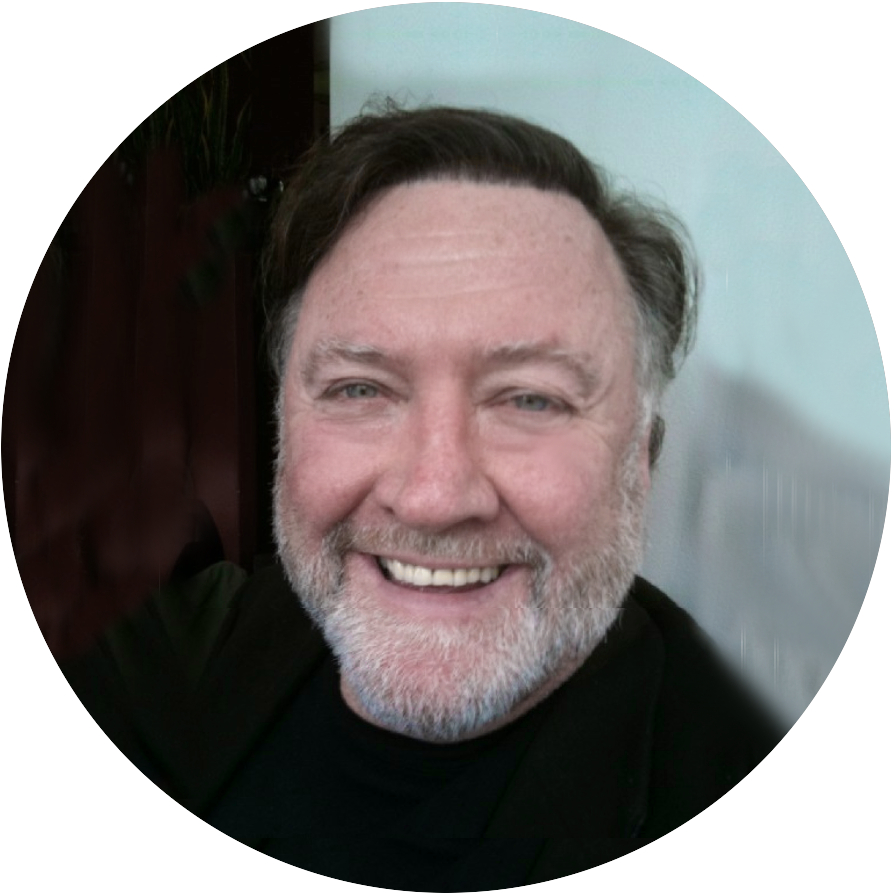
MR JOHN GIBNEY
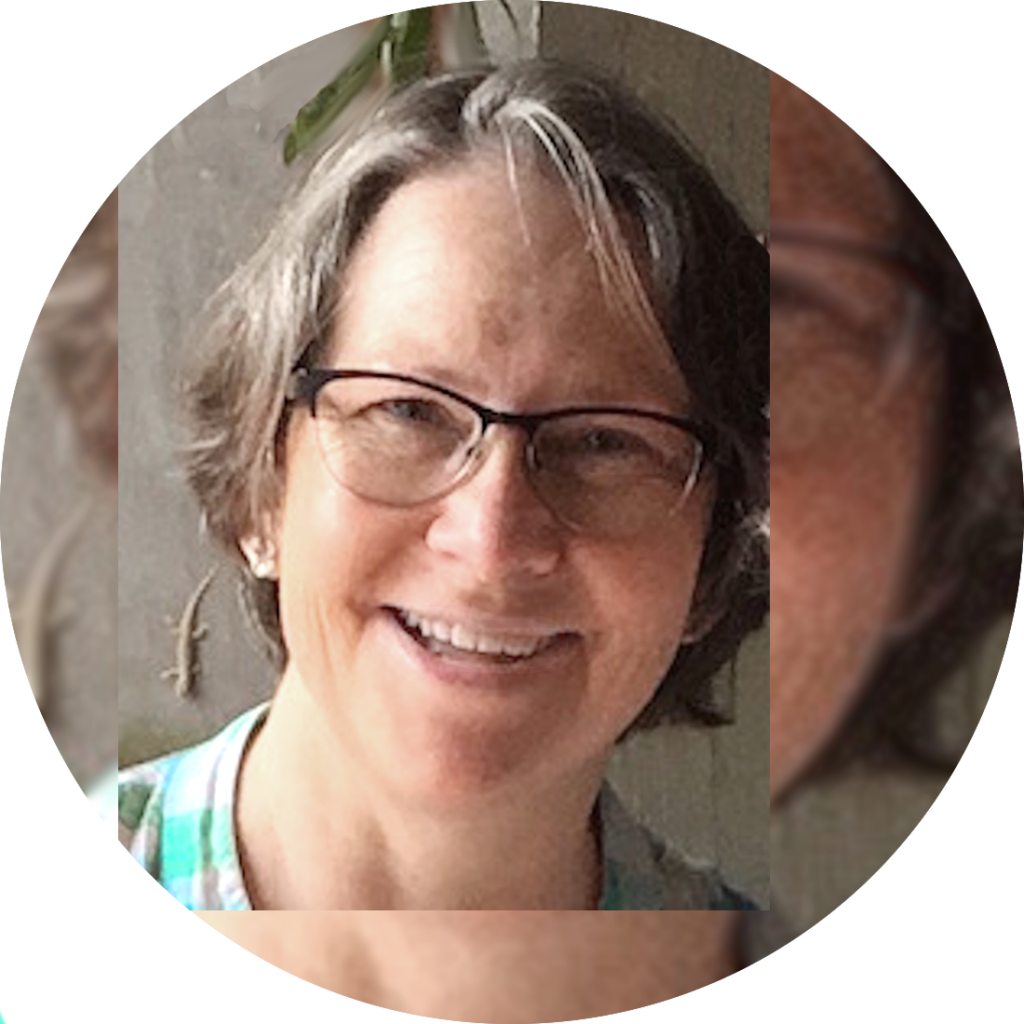
MS FIONA MARTIN
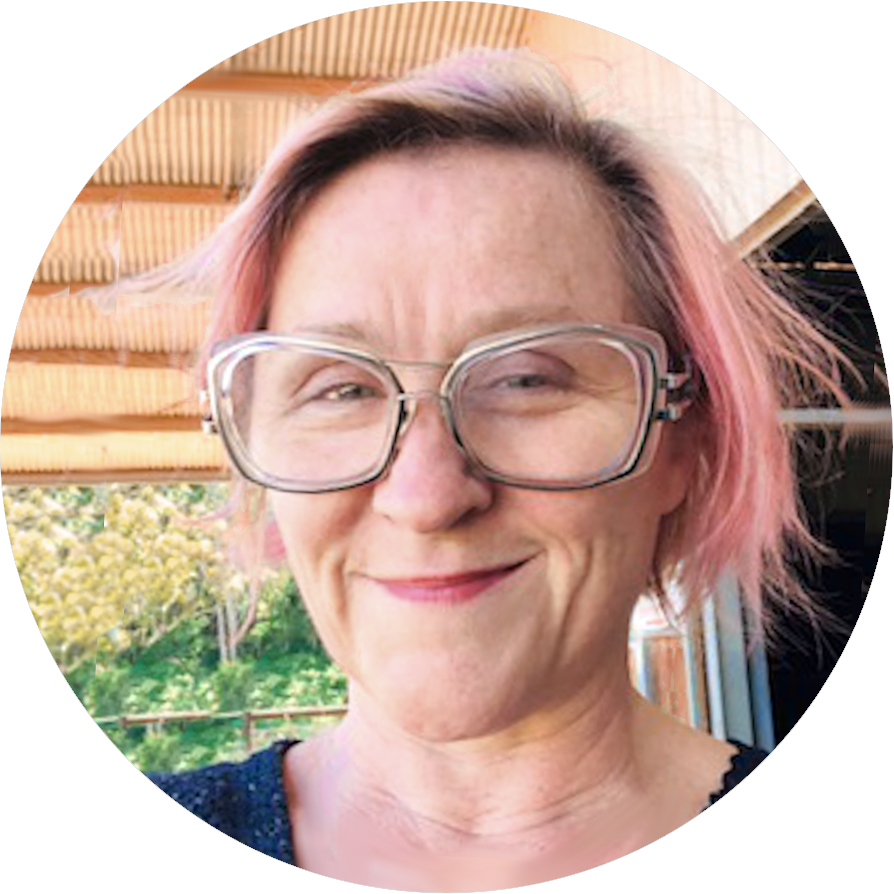
DR CATH McKINNEY
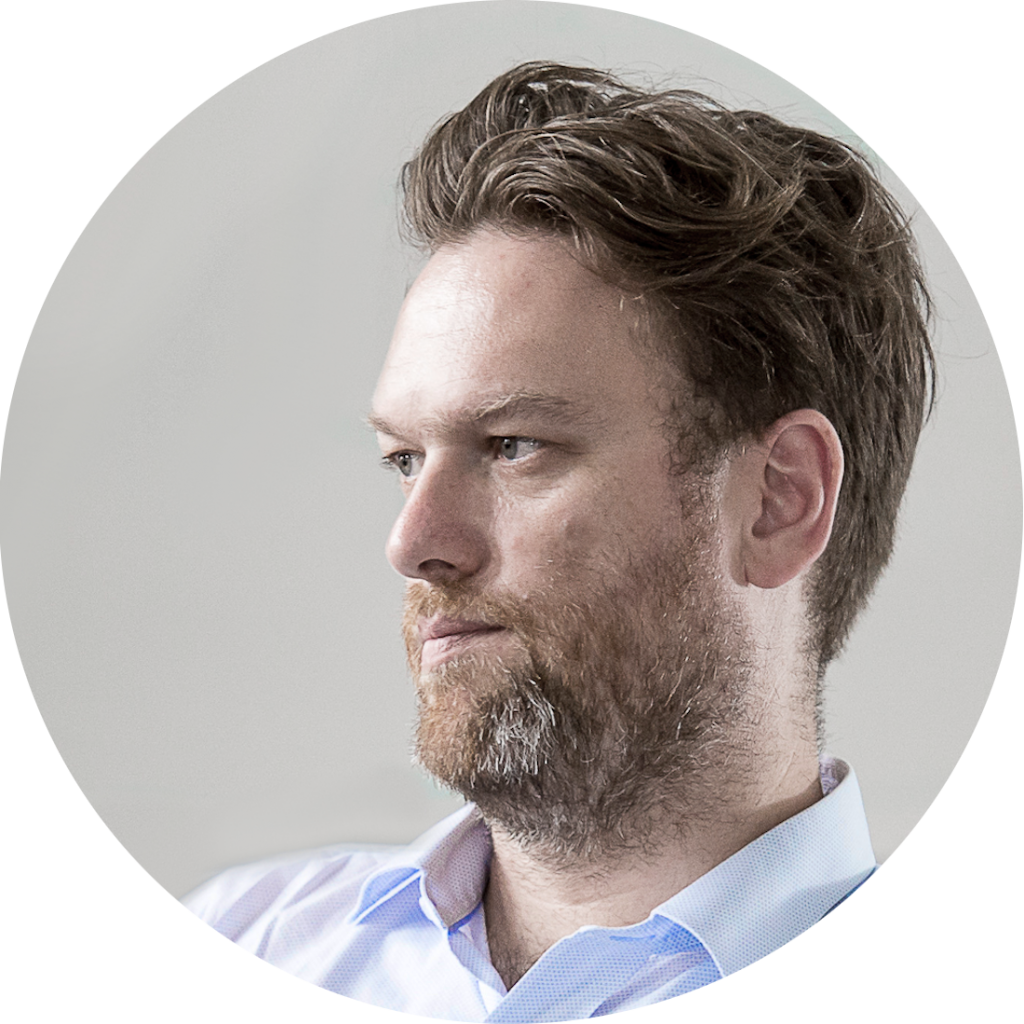
MR THOMAS MITCHELL

MS SALLY MUSSARED
Reflections on the Symposium – Social Movements
Reflective practice in action with each member of the Symposium Planning Committee presenting their highlight of the symposium. Small group discussions to explore your highlights of the symposium and what was gained from the papers and presentations attended. Followed by a large group open discussion.
Social Movements: NIODA Symposium 2022
Day(s)
:
Hour(s)
:
Minute(s)
:
Second(s)
When & Where
NIODA Symposium 2022: Organising Protest: Where is our Systems Psychodynamic thinking on SOCIAL MOVEMENTS?
📆 Dates
Wednesday 7 – Friday 9 September 2022
⏰. Session Times
5 pm, 7 pm, 8 am & 9 am 🇨🇰 Melbourne
8 am, 10 am, 11pm & 12 am 🇬🇧 London
3 am, 5 am, 6 pm & 7 pm 🇺🇸 New York
3 pm, 5 pm, 6 am & 7 am 🇸🇬 Singapore
💷 For only
AUD $290 including; panel discussions, parallel paper
presentations, open reflection sessions, social dreaming sessions, social spaces & session recordings
👩🏻💻. Location
Live interactive online sessions via Zoom
Symposium archive
Opening the space to think differently and to go on thinking in the face of turbulence;
exploring and creating possibilities
Not Knowing and Coming to Know: Methods of inquiry into unconscious (hidden) dynamics in organisations
8-10 September 2021
NIODA's fifth annual symposium
live interactive online
Working into the Future: Building individual and organisational culture beyond 2020
9-11 September 2020
NIODA's fourth annual symposium
live interactive online
Building Healthy and Ethical Organisational Culture
12-13 September 2019
NIODA's third annual symposium
Parkville, Melbourne
Leading and Managing in the Emergency and Trauma Sectors
14-15 September 2018
NIODA's second annual symposium
Mount Macedon, Victoria
Getting the policies we deserve
September 2017
NIODA's first annual symposium
Melbourne
About NIODA
The National Institute of Organisation Dynamics Australia (NIODA) offers internationally renowned post-graduate education and research in organisation dynamics, and decades of experience consulting with Australian organisations.
The study of organisation dynamics brings together socio-technical and psychoanalytic disciplines to explore the unconscious dynamics that exist in every group, team or organisation. Learning more about these theories, and reflecting on the experience of them, can support leaders and managers to unlock great potential in their organisations, tackling issues through a whole new light.
PO Box 287, Collins Street West,
Melbourne 8007 Australia
+61 (0) 414 529 867
info@nioda.org.au
NIODA acknowledges the Kulin Nations, and respective Traditional Custodians of the lands we work on.
We pay our respects to Elders past and present, and recognise their enduring sovereignty which has, and continues to, care for Country.
NIODA welcomes the Uluru Statement from the Heart’s invitation to walk with Aboriginal and Torres Strait Islander peoples in a collective movement for a better future.
